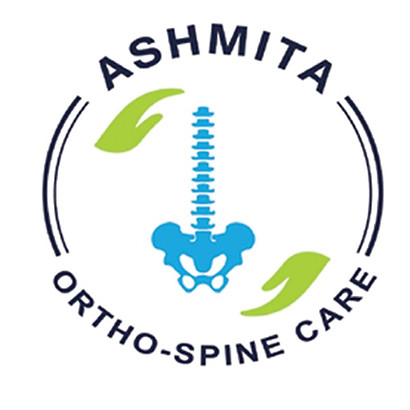Minimal Access Spine Surgeries

Minimally Invasive Spine Surgery (MISS) is an advanced surgical technique used to treat spinal disorders with smaller incisions, resulting in less damage to surrounding tissues, reduced pain, and faster recovery compared to traditional open surgery.
Key Features of MISS
Small Incisions: Utilizes smaller incisions compared to open surgery, reducing trauma to muscles and soft tissues.
Tubular Retractor: A tube-shaped device inserted through the incision creates a tunnel to access the affected area, allowing surgeons to work on the spine using specialized tools.
Real-Time Imaging: Surgeons use an operating microscope and real-time X-ray images to guide the surgery.
Common Procedures Performed with MISS
- Lumbar discectomy
- Laminectomy
- Spinal fusion
Indications for MISS
MISS may be recommended if:
- Conservative treatments like medications or physical therapy have failed.
- You have conditions such as herniated disc, spinal stenosis, scoliosis, spinal instability, spondylolysis, fractured vertebra, spinal tumors, or spinal infections.
Risks Associated with MISS
Like all surgeries, MISS has potential risks, including:
- Infection
- Excessive bleeding
- Pain at the graft site
- Nerve damage
- Blood clots
- Anesthesia complications
- Spinal fluid leakage
- Inadequate relief of back pain
Preparation for MISS
- Discuss with your healthcare provider about all medications you are taking, including over-the-counter drugs like aspirin.
- Some medications like blood thinners may need to be stopped before surgery.
- If you smoke, you should quit before surgery to promote healing.
- Imaging tests such as X-rays or MRI may be required before surgery.
- Do not eat or drink after midnight before the surgery.
During MISS
- Anesthesia will be administered to ensure you are comfortable during the procedure.
- Your vital signs will be closely monitored throughout the surgery.
- Antibiotics may be given to prevent infection.
- A small incision will be made, and a tubular retractor will be inserted to access the spine.
- Necessary repairs to the spine will be made using specialized tools.
Postoperative Care
- Recovery time varies based on the type of surgery and your overall health.
- Pain management will be provided as needed.
- You may resume a normal diet when you are able.
- Some fluid leakage from the incision is normal.
- Follow your healthcare provider’s instructions regarding activity restrictions, back brace usage, and physical therapy.
- Attend all follow-up appointments to ensure proper healing and recovery.
MISS offers a less invasive alternative to traditional open spine surgery, with potential benefits including reduced pain, shorter hospital stays, and faster recovery. However, like all surgical procedures, it comes with risks. Consult with your healthcare provider to determine if MISS is an appropriate option for your spinal condition.

